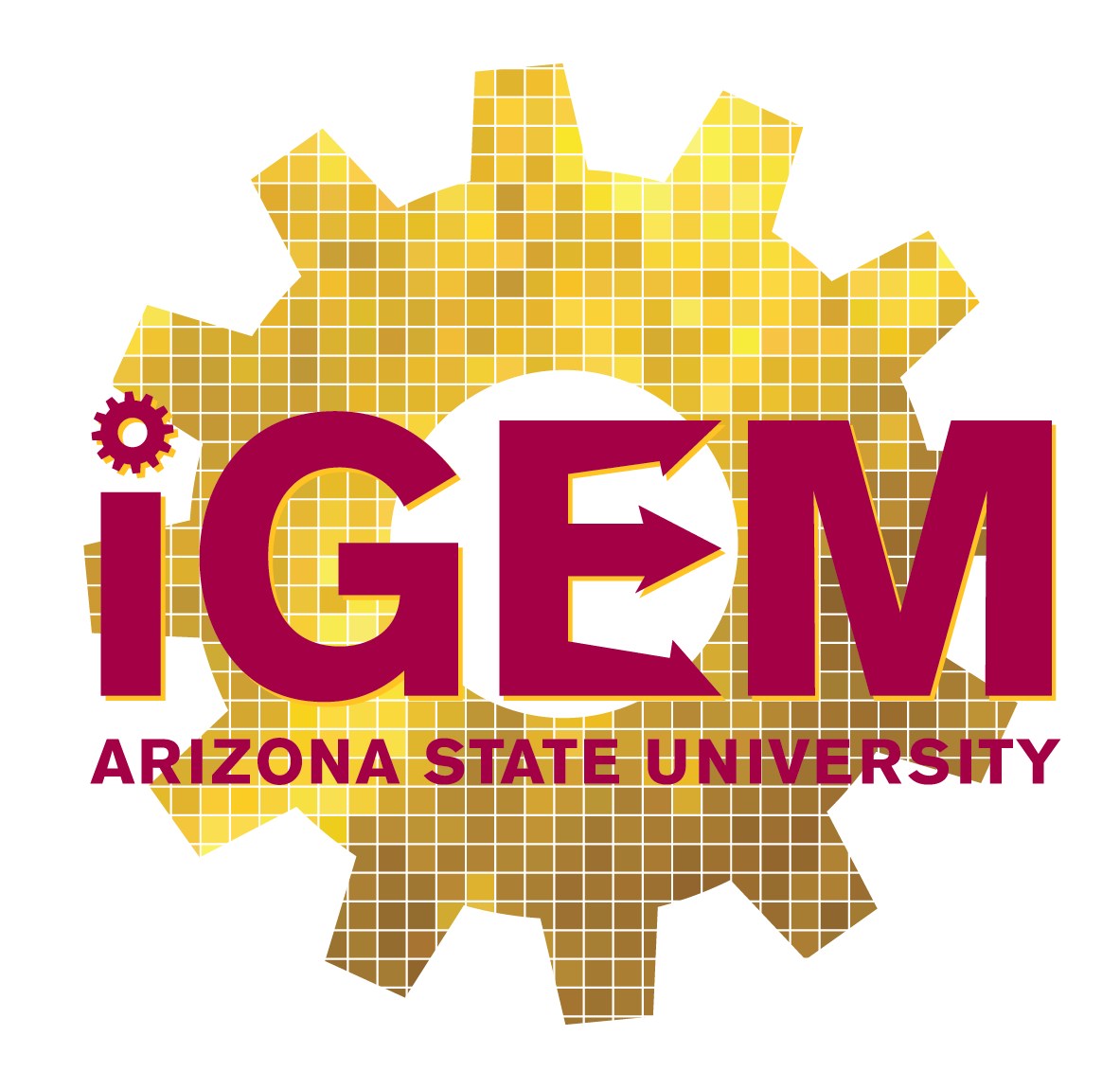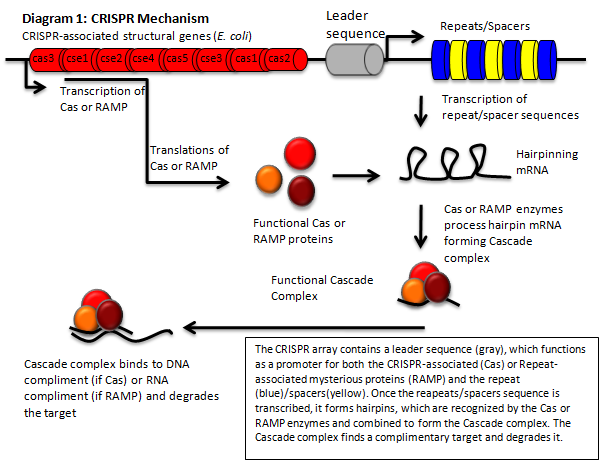Team:Arizona State
From 2011.igem.org
(Difference between revisions)
Ethan ward (Talk | contribs) |
Ethan ward (Talk | contribs) |
||
| Line 1: | Line 1: | ||
| - | {{:Team:Arizona_State/Templates/ | + | {{:Team:Arizona_State/Templates/main|title=Welcome|content= |
We are Arizona State University's first iGEM team, working over the summer for the 2011 International Genetically Engineered Machine competition. Our Wiki will be updated as our project progresses, so check back often. | We are Arizona State University's first iGEM team, working over the summer for the 2011 International Genetically Engineered Machine competition. Our Wiki will be updated as our project progresses, so check back often. | ||
| Line 19: | Line 19: | ||
{{:Team:Arizona State/Templates/twitter}} | {{:Team:Arizona State/Templates/twitter}} | ||
| + | }} | ||
Revision as of 08:48, 15 August 2011
|
|
We are Arizona State University's first iGEM team, working over the summer for the 2011 International Genetically Engineered Machine competition. Our Wiki will be updated as our project progresses, so check back often.
AbstractOur goal is to synthetically direct the CRISPR pathway. This entails developing a robust, modular platform for inserting new CRISPR spacers for customizable nucleotide targeting. We will demonstrate and test the platform on a variety of gene targets. What is CRISPR?Clustered Regularly Interspaced Short Palindromic Repeats (CRISPR) are a genomic feature of many prokaryotic and archeal species. CRISPR functions as an adaptive immune system. A CRISPR locus consists of a set of CAS (CRISPR associated) genes, a leader, or promoter, sequence, and an array. This array consists of repeating elements along with "spacers". These spacer regions direct the CRISPR machinery to degrade or otherwise inactivate a complementary sequence in the cell. Contact us
|
 "
"

